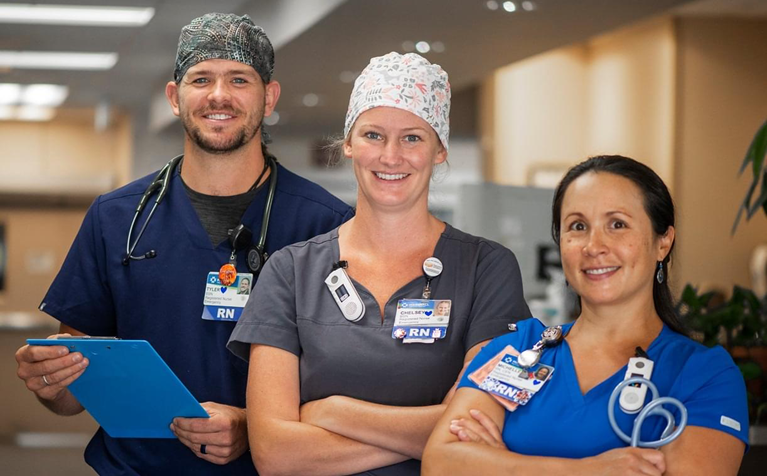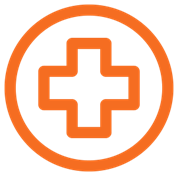Transforming Addiction Treatment
CA Bridge saves lives by making it possible for people who use drugs to get treatment at any hospital—whenever and wherever they need it.

MD, DO, PA, and NP Training
| As leader of the patient healthcare team, clinicians have the responsibility to remain up-to-date with evidence-based treatment practices, including understanding the basics in Medication for Addiction Treatment (MAT). These courses prepare physicians, PAs, and NPs to employ the CA Bridge module of low-barrier access to life-saving addiction treatment, with topics including treating opioid use disorder with buprenorphine or methadone, methamphetamine and stimulant use disorder treatment, alcohol use disorder treatment, youth and perinatal specific treatment, managing pain with alternatives to opioids (ALTO), and more. |
VIEW COURSES
 |
 |
|
Nurse Training
Nurses play a critical role in caring for patients with substance use disorder by advocating for best practice treatment, treating patients with respect, educating patients on treatment options, and collaborating with the care team. These courses prepare nurses to support the CA Bridge model with topics including nursing management of opioid use disorder, considerations for special populations, and addressing discrimination, stigma, and moral injury.
VIEW COURSES
|
Navigator Training
Navigators are crucial to ensuring patients have 24/7 access to medication for addiction treatment (MAT), connecting patients to care and community, and fostering a culture of harm reduction in the emergency department. These courses prepare navigators to implement the CA Bridge model with topics including behavioral health, harm reduction, community outreach, and more.
VIEW COURSES
|